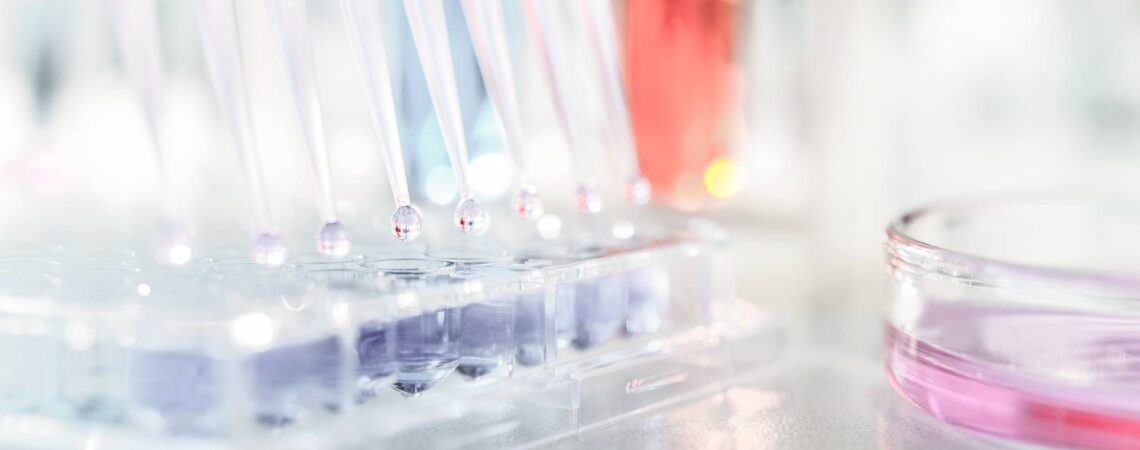Immunotherapy marked a before and after in cancer treatments and there is increasing scientific evidence of its usefulness. And not only for cancer patients. But what is it exactly? What is its efficacy? Who is it suitable for?
Below, Dr Óscar Mayorga, head of the Regenerative Medicine Unit at SHA Wellness Clinic, answers ten, frequently asked questions about this therapy of choice with our immune system as the protagonist.
1. What is immunotherapy?
It is the regulation or modulation of the immune system, either to stimulate it in cases of immunodeficiency or to stop its activity in cases of hyperactivity, such as allergies or autoimmune diseases. This is done through the approach of different therapies: pharmacological, biological, nutritional supplements and others.
2. Is immunotherapy effective in strengthening the immune system?
Indeed, one of its uses is the stimulation or reinforcement of the immune system through the activation of physiological mechanisms of cellular or antibody response. And yes, it gives results at two levels: in the short term and also maintained over time.
3. What other benefits does immunotherapy have?
Depending on the type of immunotherapy, we can not only stimulate or modulate the immune system but also promote an adequate hormonal and metabolic response helping to balance our health in general.
4. What advantages does immunotherapy have over more traditional cancer treatments such as chemotherapy, radiotherapy or surgery?
This is a particular chapter. Immunotherapy for cancer patients can be approached directly on the strengthening of the defence cells called lymphocytes and in order to attack the tumour; or also by means of monoclonal antibodies. These mark the tumour to be attacked by the lymphocytes or through coadjuvant therapies of stimulation to the system, together with chemo and radiotherapy treatments.
5. For which tumours is it most effective and why?
Studies have shown that these types of immunotherapy are effective mainly in tumours of the lung, kidney, bladder, Hodkin’s lymphoma, head and neck, some subtypes of colon and melanoma, among others. They are called the “hot type” because of the surrounding immune conditions which contain more cytotoxic T-lymphocytes.
6. Can anyone undergo immunotherapy treatment?
It depends on the type of immunotherapy. If we talk about immunotherapy with monoclonal antibodies, for example, patients must meet some special requirements regarding aspects such as their condition, age, type of pathology, etc. If we talk about natural, nutritional or physiological immunotherapy, such as microimmunotherapy, it can be applied to any person.
7. When can (or should) it be applied?
At any time through adequate nutrition and lifestyle, stress reduction and the use of immunomodulatory therapies such as those described above. Logically, they are more effective when an early diagnosis is made.
8. Are there any side effects?
In the case of lymphocyte- or monoclonal antibody-mediated immunotherapy, they can cause hyperactivation producing autoimmunity. But it should be noted that physiological immunotherapy used properly does not usually have side effects. However, its improper use can cause damage to the body. Excessive intake of vitamins, trace elements or other immunostimulants can produce intoxication and organ damage.
9. What is the role of diet in immunotherapy?
As we have said before, an adequate and balanced diet is the fundamental basis of our immune system. A nutritional deficit can lead to immunodeficiency.
10. What is “microimmunotherapy”?
It is an immunomodulation therapy based on the intake of compounds containing amino acids, interleukins, nucleic acids and others, which are diluted to physiological doses and which produce an immunostimulation in cases of immunodeficiency or a reduction of the response in cases of immune hyperactivity, in autoimmune diseases such as Lupus, arthritis, etc.

